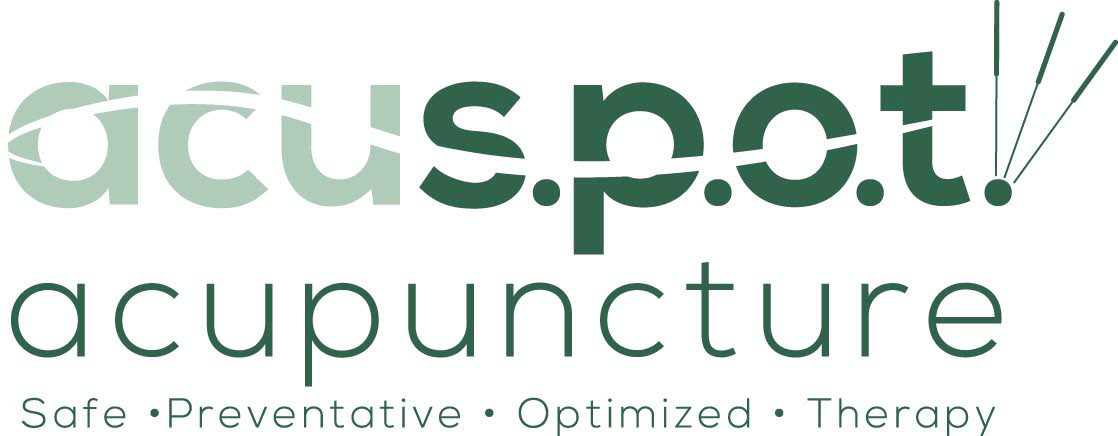All your IVF related questions answered in one place:
In vitro fertilization (IVF) is a procedure in which a woman’s eggs are fertilized by sperm in a lab, rather than inside the woman’s body.
Here’s a general overview of the process according to Mayo clinic.
Ovarian Stimulation
The first step is to stimulate the woman’s ovaries to produce multiple eggs. This is done by administering fertility drugs, such as clomiphene citrate or gonadotropins, which stimulate the ovaries to produce multiple eggs instead of just one.
Egg Retrieval
Once the eggs are mature, they are retrieved from the woman’s ovaries using a procedure called transvaginal ultrasound aspiration. This is typically done under sedation and is a relatively quick and straightforward procedure.
Fertilization: Next, the eggs are fertilized with sperm in a lab. The sperm can come from the woman’s partner or from a donor. The fertilized eggs, now called embryos, are then incubated in a special culture solution for 3-5 days.
Embryo Transfer
After 3-5 days, the embryos are transferred to the woman’s uterus. This is done using a thin catheter inserted through the cervix. The number of embryos transferred depends on the woman’s age, the quality of the embryos, and other factors.
Pregnancy Test
Two weeks after the embryo transfer, the woman will have a blood test to check if she is pregnant. If the test is positive, an ultrasound will be performed to confirm the pregnancy and check the number of fertilized eggs implanted.
Not all IVF cycles result in a successful pregnancy, and depending on the patient age and other factor, several cycles might be needed. Additionally, not all the eggs that are retrieved will be fertilized, and not all the fertilized eggs will develop into embryos that can be transferred.
After the transfer, the patient will be monitored with frequent blood test and ultrasound to ensure the pregnancy is progressing well.
What if more than one egg develops into an embryo?
If more than one egg develops into an embryo during the IVF process, it’s possible to transfer multiple embryos to the woman’s uterus during the embryo transfer stage. This can increase the chances of a successful pregnancy, but it also increases the risk of a multiple pregnancy, such as twins or triplets.
When deciding how many embryos to transfer, the number will depend on the woman’s age, the quality of the embryos, and other factors. For example, younger women with high-quality embryos may be able to safely transfer more embryos than older women or women with poorer quality embryos.
When more than one embryo is transferred, there is a chance that more than one will implant and lead to a multiple pregnancy. While twins or triplets can be a joyful surprise, they do come with increased risks for both mother and babies. This is why in most cases, healthcare providers will try to transfer the minimum number of embryos that could still have a good chance of resulting in a pregnancy. This is called the principle of elective single embryo transfer (eSET).
In cases where multiple embryos implant, it’s possible that one or more of them will stop growing or will be lost in the first trimester. This is called a vanishing twin syndrome. This is also the reason why healthcare providers will monitor patients after an IVF transfer through pregnancy test and ultrasound.
If multiple embryos do successfully implant and result in a multiple pregnancy, the woman will be monitored closely by her healthcare provider to ensure that both she and the babies are healthy.
How can acupuncture help?
Acupuncture has been increasingly used in conjunction with IVF to increase the chances of a successful pregnancy. Here are a few potential benefits of acupuncture when used in conjunction with IVF:
- Improved blood flow to the uterus: Acupuncture may improve blood flow to the uterus, which can help to create a better environment for the embryos to implant.
- Reduced stress: Acupuncture is known to help reduce stress, which is important for IVF success as high levels of stress can negatively impact hormone levels and ovulation.
- Hormonal balance: Acupuncture may help to balance hormones, which is important for ovulation and conception.
- Better embryo quality: Some studies have found that acupuncture may improve the quality of embryos and the implantation rate

Recent Comments